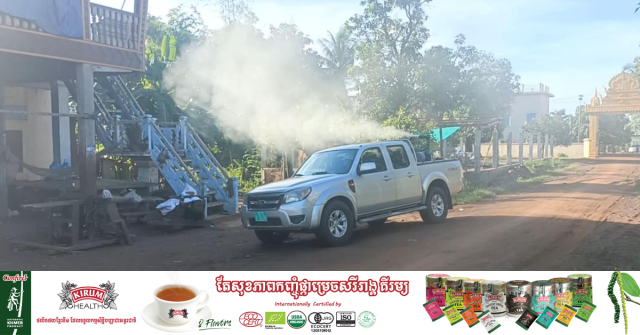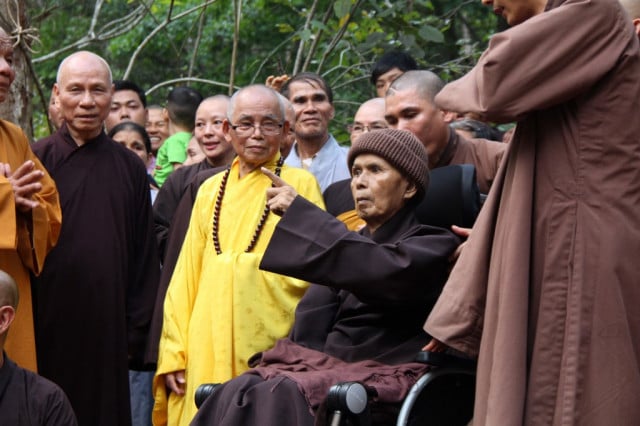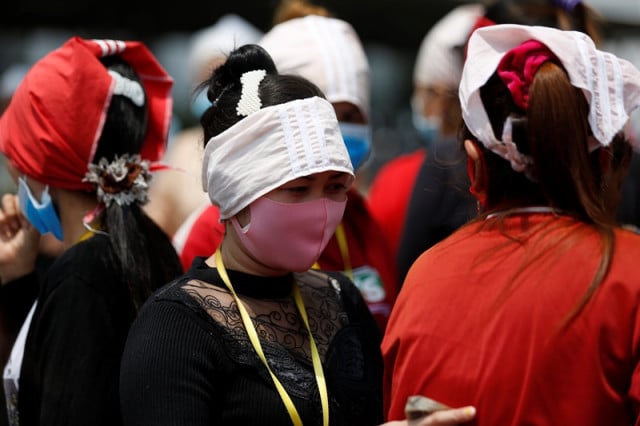Cambodia Detects a First Zika Case, Urges Vigilance

- By Torn Chanritheara
- September 24, 2023 4:45 PM
PHNOM PENH — A girl in Kampong Thom province has tested positive for Zika, becoming the first case of the disease in the country.
The Ministry of Health said on Sept. 24 that the 7-year-old girl from Baray District’s Chong Doung commune, was admitted to the district hospital on Sept 18 with high fever, and going through vomiting and diarrhea.
She was tested for dengue fever but the result was negative, the ministry said. The staff then sent samples to the Pasteur Institute in Phnom Penh for analysis on Sept. 20. The institute determined on Sept 21 that this was a case of Zika.
According to the Ministry’s press release issued on Facebook, this virus is transmitted by Aedes mosquitoes just like dengue fever or the chikungunya virus. It can also be transmitted during sexual intercourse from one infected person to another since this virus lives in blood, saliva or other liquid substances inside the body. This means that an infected mother can transmit the virus to her baby during pregnancy or while giving birth, the ministry mentions in its statement, adding that infection during pregnancy can cause a baby to be born with microcephaly, that is, with a head smaller than expected.
The symptoms appear two to three days after a person has been bitten and infected by a mosquito, the ministry explains in its statement. These symptoms will include rash, fever, conjunctivitis, muscle and joint pain, malaise and headaches. They last around seven days and this involves low possibility of death, the ministry noted in its statement.
Since there is no clear treatment process, the ministry recommends that infected people be treated according to their symptoms including resting, drinking water and using medication to lower their temperature if need be.
In its statement, the Ministry of Health also called on people to take measures to protect themselves from mosquitoes such as wearing clothes that cover their bodies and sleep under mosquito nets. Women who are pregnant or plan to soon have a child should stay away from areas where cases of Zika have been confirmed, the Ministry of Health said.















